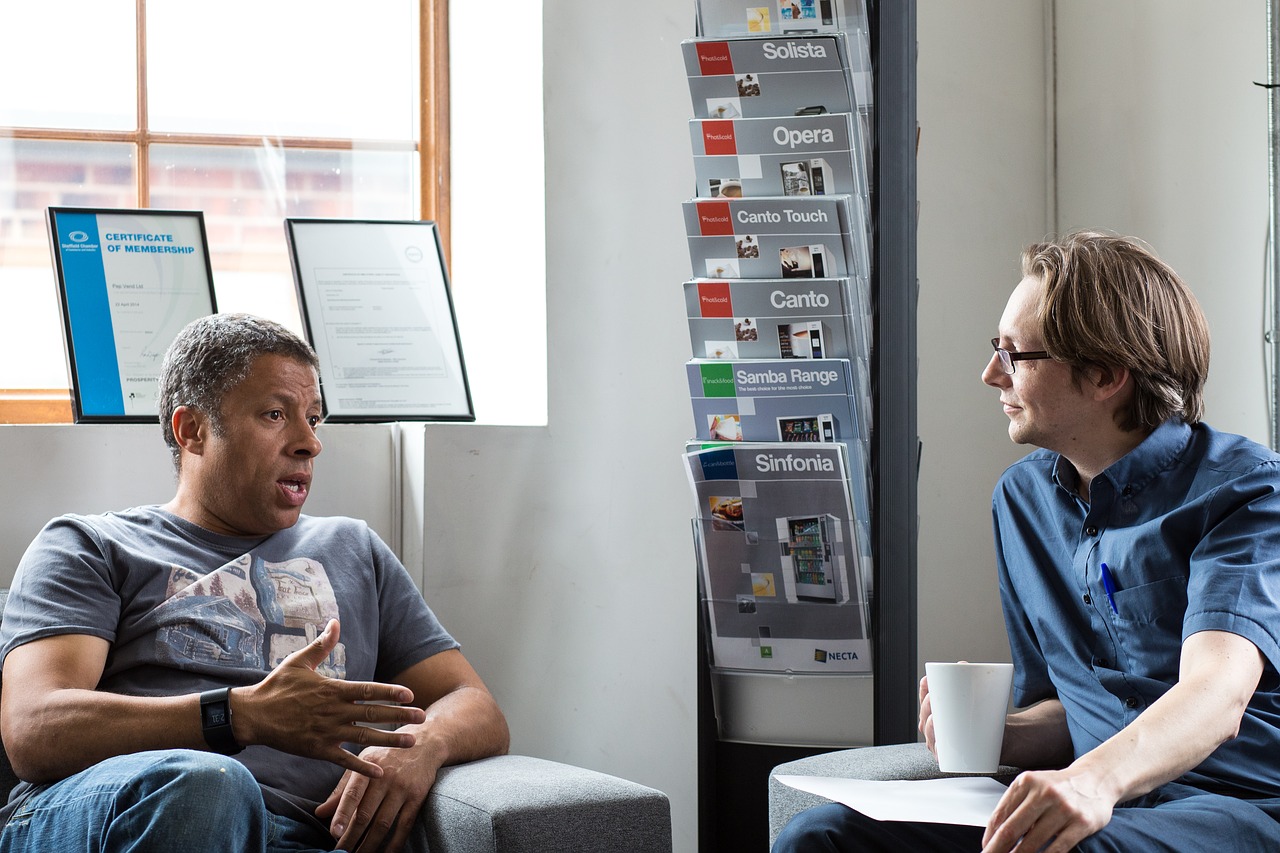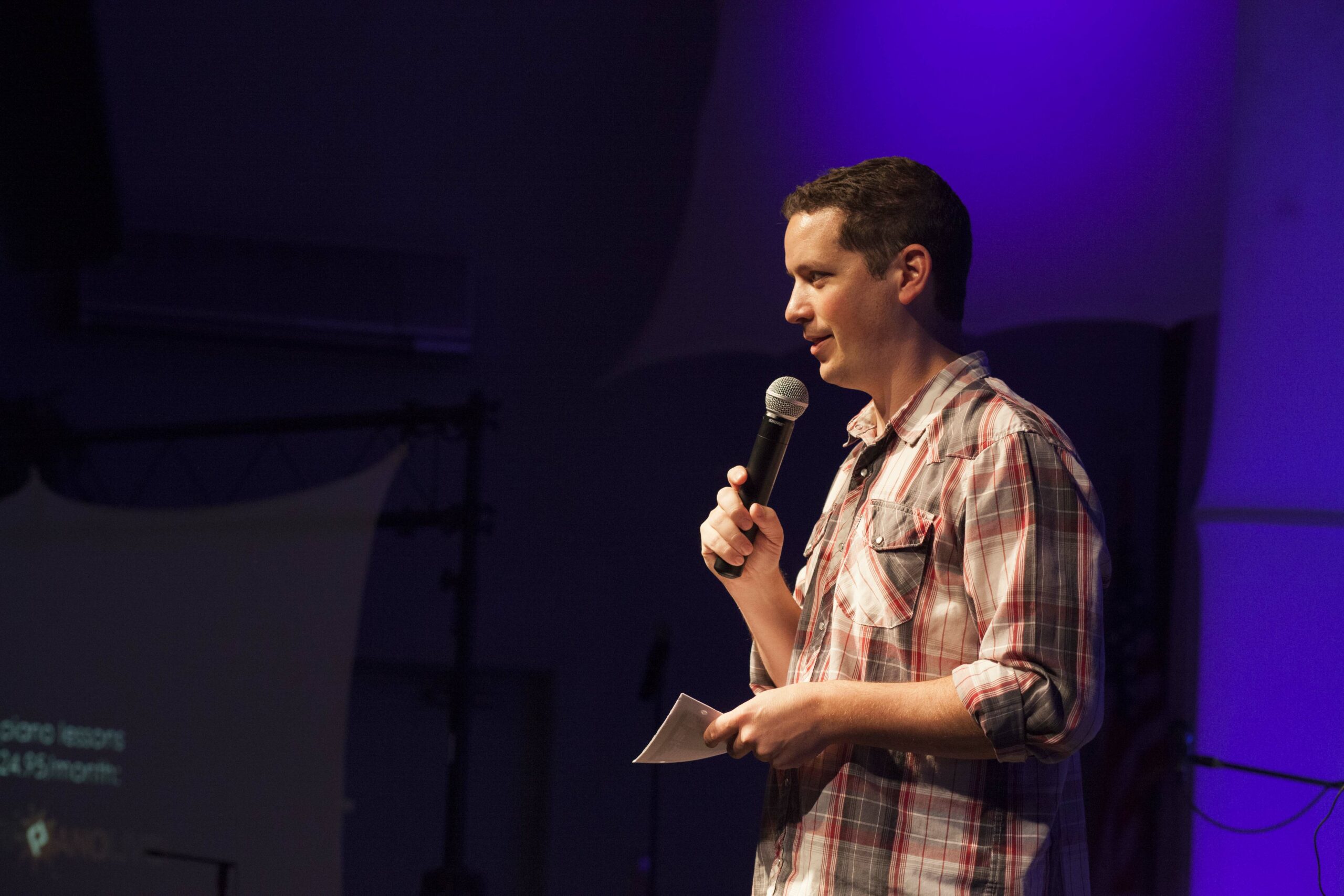components
Theft
music dept.
disclaimer

Group Components
We aim to maintain a container for concurrent, vulnerable self-exploration, where the safety of the group isn’t based on the beliefs we share, but the judgement we lack.
By way of analogy, we break bread with an ill-defined group of gluten free, raw dairy, lactose intolerant, carnivorous vegetarians. We each need something different, but we all sit down together without judgement about the other’s ridiculous diet because we know there is a more important commonality: we all need to be nourished.
And we all trust each other to find what is best for them. That does not mean that all diets are equal or that there are no nutritional truths. But the person who deeply feels they need to try an all-sugar diet in the face of diabetes? They still have a place at the table as long as they want it. We are all doing our best, to do our best.
This is a space of full:
- HONESTY, where
- Attendance is an admission of brokenness
- You are known, fully you, changing as you plod through the journey of your heart.
- We don’t have to like or agree with the material we choose or others in the group.
- CURIOSITY, where
- The meetings don’t end with conclusions.
- Silence is more acceptable than a trite or reactionary answer.
- Experimentation is valued over perfection, and curiosity over judgement.
- ACCEPTANCE, where
- Full acceptance does not require even partial agreement.
- Baggage is assumed, but not the project (take that to therapy).
- Even current indiscretions don’t disqualify you from having an opinion, goal or dream.
- You are not about to be met with judgement.
- AUTONOMY, where
- The “leader” has nothing to teach, present or prove.
- Goals are discovered from the inside rather than assigned from the outside.
- A confession doesn’t initiate an intervention.
Group Theft
We aim to steal our favorite parts of our favorite groups:
- Support Program – Vulnerability, authenticity and acceptance! Adaptation to change. Hearing other people’s current mistakes. Autonomy.
- Retreat – Space away. It is important that our feet come off the hamster wheel in a fresh environment in order to take inventory of the deeper things.
- Book Club – The secret wisdom of our species is hidden in books.
- Social Society – Even for relative loners, there’s probably something important to this connection-with-humans thing.
- Bible Study – These guys have an ethical aspiration that most of the others lack. We must never forget that, while beauty and value are inherent, character takes maintenance and enrichment takes work.
- Co-op or Networking Association – There’s a bravery to attending; putting yourself out there, in the face of potential rejection.
- Accountability Partner / Mentor / Pastor – Even though interaction is purposely limited, the act of organizing our thoughts well enough to try to present them…and then saying them out loud in front of others, forces a type of accountability to coherence, where thinking these things only to ourselves would mask more of the hidden hypocrisy.
- Meditation Meeting – These generally contain a strong acceptance of others, despite conflicting worldviews, and we are focused inward, using differences as catalysts of self-improvement instead of conflict.
- Self-Improvement Collective – These people sincerely belief that change is possible, and are often willing to experiment with anything and embrace radical change to reach their goals.
- Encounter Groups – Psychologist Carl Rogers did some important work in the cultivation of collaborative groups, in what he called “Encounter Groups” and we have stolen many principles from his writing. A few of his condensed thoughts on group experiences are here.
-
Spiritual Direction – or “Spiritual Companionship” contains much of the empathic listening skills we employ, though we abstain from mono-dynamic exploration and have no hierarchies.


“The Music Department” by Jamin Coller
I actually came closest to this “alone, together” feeling as a music major in college. Our hallways of not-quite-sound-proofed individual practice rooms were a raucous space throughout the day. I didn’t notice anyone else’s music most of the time because I was too busy making noise on my own instrument with the assignment in front of me, repeatedly attempting the next phrase that I couldn’t quite play yet.
If I sat quietly in my tiny room, I could hear others playing – mostly messing up, since we were all toying with the outer edge of our capabilities. I would often hear someone else attempting a piece I had learned months or years earlier. I could play it better than they could, but I did not need to intervene. They had their own teacher, and what they needed most was the struggle in which they were currently engaged. I was likewise grateful that no one stopped in to “fix” my problems while I practiced. I, too, had my own teacher and more than enough to work on without their interference.
I would also hear students far superior to me, whose worst mistakes still sounded more impressive than my masterpieces. Depending on the day, those musicians often either inspired me to keep practicing or convinced me there was no point in ever practicing again. But mostly, I just felt privileged to have a room amongst these other musicians. I had no judgement on their lives. I couldn’t even see them. In all likelihood, we had very little in common – not color or gender or politics or worldview or level or style – nothing but the common struggle against our current capabilities to be just a tiny bit better than we were the day before.
And sometimes not even that! Many a practice room saw me take early morning naps or make out with my girlfriend or study for an upcoming test in another class. But I showed up because, at least for that time, I wanted to take advantage of the space created for aspiring musicians.
There was no barrier to entry except the desire to be on the path, and there was no penalty to leaving the path. We knew what we were, and just as importantly, what we weren’t. There were others on that same campus who were aspiring to be doctors and mathematicians and astrophysicists. But we had a calling – if even for that semester – to dive into this aspiration, because the struggle beckoned us. There was no looking up or looking down, just looking ahead, at the music on my stand.
“Perfect Group” Disclaimer
At a networking meeting, it’s perfectly acceptable to offer someone a drink. Nothing wrong with the group. Nothing wrong with the offer. It’s what they’re doing there.
At an Alcoholics Anonymous meeting, it’s perfectly unacceptable to offer someone a drink. Nothing wrong with the group. Nothing wrong with the rule. It’s just not what they’re doing there.
Perhaps you’ve had the experience of being appalled at how someone else could rudely interrupt another person’s grief with hollow platitudes and dismissive “encouragements” to “just get over it” or “move on!”, only to learn later that the grieving person looked back on that experience as being transformative. It was just what they needed.
You don’t know what another person needs. Maybe what someone really needs is for someone to come in and fix their problems and tell them what’s wrong with them or their boss or their spouse. That’s just not what we’re doing here. We don’t look down on the other types of groups that we also attend and enjoy. We’ve just got a different set of aspirations here.
This is not the “right” way to do a group, nor even a “good” way to be a friend or a better person. It’s just our little weekly experiment in honesty, acceptance, and introspection.

